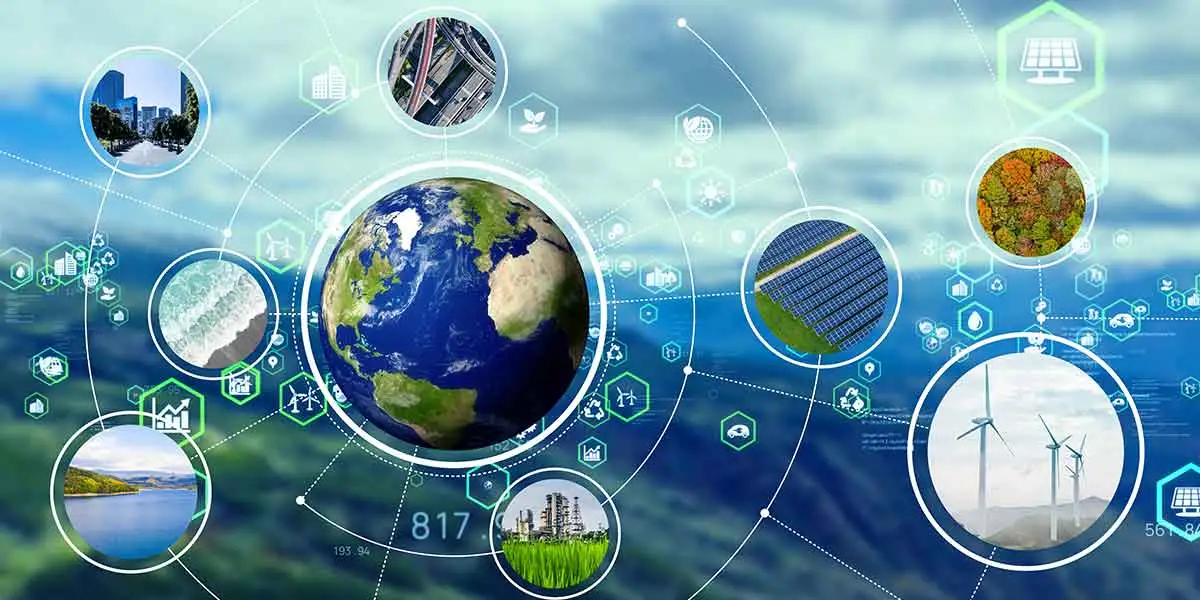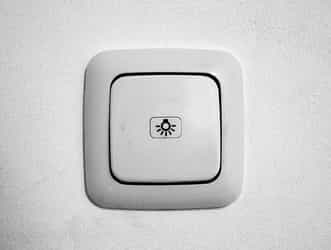
Apr 10, 2023
Blog Energy & Sustainability , Digital World Global energy management at Hannover Messe
Hannover Messe is fast approaching, which is exciting news for all those involved in technology and industry. The BCC Research team will be in attendance, represented by Greg Johnson, Associate Director of Science and Technology, Michael Goeloe, Senior Account Manager, and Erik Yurof, Senior Director Account Management. Our research at BCC has a huge amount of crossover with Hannover’s key topics, but one area that is understandably receiving a laser focus is energy management.
The world’s resources are under strain, and with the global population steadily climbing, this fact will only intensify. There’s a great global need to manage energy consumption, and BCC Research’s report Global Energy Management Systems Market dives into the nuances of this industry. Political and global leaders are striving towards better efficiency and transparency. So, with Hannover just around the corner, we’re evaluating how energy management is utilized to drive a more energy-efficient future.
IoT-connected energy management systems
The Internet of Things is proving fundamental in making every industry more efficient. When it comes to energy management systems (EMS), the IoT offers countless advantages to stakeholders in the electricity supply chain. As opposed to non-smart buildings, smart buildings with integrated EMS already save somewhere in the realm of 30%-50% more energy – and that figure is rising yearly. IoT-enabled EMS are on track to save eight times as much energy as they will use.
The IoT is instrumental in process automation and operational efficiency. Some of the key advantages of IoT technology within energy management and conservation include:
Energy consumption
In recent years, the management of generation assets and market interfaces has become increasingly complex. In the face of emerging energy and environmental policies, changing market rules and renewable energy generation, this outcome has been inevitable.
Plus, delivering operational excellence, due to the challenges of today’s complex utility environment, is no easy task. It calls for better, more flexible and more sustainable approaches to managing power generation.
Energy generation also faces the additional challenge of balancing plant efficiencies and profitability with risk and cost reduction. Additionally, growth in renewable energy generation, specifically solar power, is expected to drive the demand for EMS. This is because, in response to the ever-increasing demand for renewable energy resources production integrated into power systems, EMS has been used for decades in control centers to manage power flows needed to adapt.
Energy transmission
The increasing interconnectivity and complexity of power systems has meant that utilities and substations need solutions that optimize energy transmission and management while simultaneously improving reliability.
Considering the significantly growing demand for power, enhancing the electricity grid by joining new transmission capacity is a requirement. The application of EMS in transmission comprises the management of assets involved and monitoring of the complex transmission network, among other tasks.
In the current scenario, operators involved in transmission and distribution are facing unique challenges due to stringent regulatory mandates, system security concerns and inherent capacity limitations in light of increased transfer demands. As well as this, they’re facing rising cost pressures for minimizing or reducing operational or capital investments in the transmission asset segment. The need for practical, effective and reliable tools to help manage these essential assets in has never been greater.
Various major power blackouts on multiple grids across Europe and the Americas have emphasized the need for robust and stable transmission and distribution tools, as well as effective and realistic operator training systems.
Further, the growing regulations regarding maintaining constant voltage throughout the transmission have enabled power distribution companies to opt for smart solutions. For instance, IEEE Standard 1547 was modified in 2018 to allow utilities to set interconnection requirements for distributed resources’ behavior in a disturbance, as well as for voltage regulation, VAR generation and other factors.
Energy monitoring
The electricity sector is in the midst of a paradigm shift in electrical infrastructure design and operation. The opportunity is unlike any since the energy delivery grid was initially constructed. Energy monitoring is regarded as a crucial element to make this transition possible.
The aging utility workforce, coupled with high pressure to utilize existing equipment fully, has led to the monitoring of energy, which is rapidly becoming a crucial element in maintaining and enhancing performance reliability while reducing complexity and automating related work processes.
Moreover, companies are spending to modernize grid technologies to meet customer expectations in terms of power quality, reliability, renewable energy use, data security and resiliency with respect to natural disasters and other threats.
In the age of IoT, smart meters, smart plugs and smart thermostats are gaining recognition from end users across the globe. The deployment of smart energy meters has gained quite a lot of traction across the globe in the past few years. Industries are recognizing the benefits of smart meters and using them to enhance the efficiency and accuracy of utility management. According to the U.K. Department for Business, Energy and Industrial Strategy, nearly 833,000 domestic smart meters were deployed across homes and businesses in the UK in Q3 2021 alone (a total of 3.4 million smart meters in 2021).
Asian countries are also setting themselves up as prominent players in this space. They had almost reached the pre-set goal of connecting about 70% of all homes in the region via smart meters by 2022. With the ongoing incorporation of smart grids across various countries, the inclusion of EMS in distribution is poised to increase.
The adoption of smart metering may be limited in some emerging markets of Asia and Africa, among other regions, owing to the general scarcity of high-quality electric and telecoms network connectivity. Similarly, using wired telephone lines to move smart meter data can be difficult as well. To connect smart meters to the IoT platform, a strong connection is required but this is not always available. In several cases, measurement stations are established behind thick walls, which can cause difficulty for conventional mobile networks. Overall, although emerging markets may support the growth and adoption of EMS, this might be slightly offset by slow-growing economies.
Connect with BCC at Hannover Messe
The BCC Research team is incredibly excited to get stuck into the excitement of Hannover Messe. Will you be attending? Then book a meeting with us now to discuss insights and opportunities across energy management, AI, and sustainability.

Olivia Lowden is a Junior Copywriter at BCC Research, writing content on everything from sustainability to fintech. Before beginning at BCC Research, she received a First-Class Master’s Degree in Creative Writing from the University of East Anglia.

Electrical switches—devices that control the flow of electricity—are the backbon...

As the world accelerates toward net-zero emissions, hydrogen, and ammonia have e...

Hydrogen technology is widely used across industries like glass, fertilizer, met...

We are your trusted research partner, providing actionable insights and custom consulting across life sciences, advanced materials, and technology. Allow BCC Research to nurture your smartest business decisions today, tomorrow, and beyond.
Contact UsBCC Research provides objective, unbiased measurement and assessment of market opportunities with detailed market research reports. Our experienced industry analysts assess growth opportunities, market sizing, technologies, applications, supply chains and companies with the singular goal of helping you make informed business decisions, free of noise and hype.